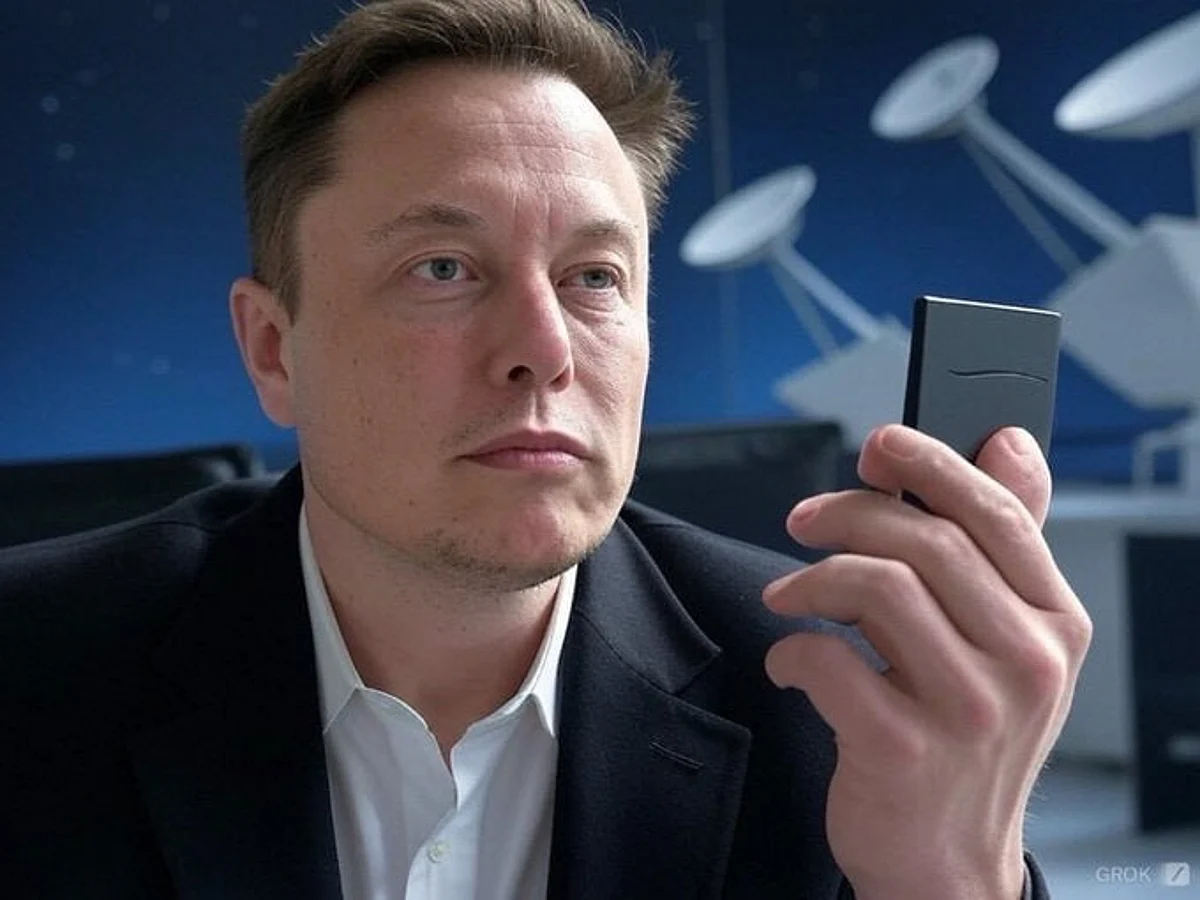Elon Musk’s satellite-based internet service, Starlink, has officially got the green light from the Indian government to roll out in India. The approval could be transformative in India’s internet infrastructure, especially for those living in rural and remote areas long underserved by traditional broadband services.
Starlink secures five-year licence from IN-SPACe to become the third satellite Internet provider in India
The Indian National Space Promotion and Authorisation Centre (IN-SPACe), which oversees private participation in India’s space sector, has granted Starlink a commercial licence to operate in India for five years, effective until July 7, 2030. With this approval, Starlink becomes the third company authorized to provide satellite internet services in India, after Eutelsat’s OneWeb and Reliance Jio.
However, the regulatory go-ahead does not mean that the service will be available immediately. Starlink must still set up ground infrastructure, obtain spectrum allocation from the government, and undergo security testing to comply with Indian regulations. These steps are expected to take several months, with a tentative service rollout projected by late 2025 or sometime in 2026.
Starlink’s approach to internet connectivity differs significantly from traditional providers like Airtel, ACT, or JioFiber.
Instead of relying on fibre-optic cables, Starlink uses a network, or “constellation,” of low-earth orbit (LEO) satellites to beam internet signals directly to user terminals. This eliminates the need for dense ground infrastructure and enables connectivity even in isolated regions with poor or no service coverage.
Moreover, Starlink claims to outperform many existing satellite services in terms of speed and latency. By using small satellites equipped with laser links that communicate directly with each other, Starlink offers faster data transfer and lower lag, which are critical for real-time applications like video calls, gaming, and streaming.
While SpaceX has not yet announced official pricing for India, global pricing trends offer a rough estimate of what users can expect.
Standard hardware kit is expected to cost around $349 (approximately Rs 30,000), mobile (mini) kit is priced at $499 (approximately Rs 43,000).
Promotional Monthly Plans may start at $10 (around Rs 900) and unlimited plan expected to cost around Rs 3,000 per month.
Internet speeds will vary based on location and satellite coverage but are expected to range between 20 Mbps and 264 Mbps. Starlink’s pricing may appear high compared to traditional broadband, but the value lies in its reach, especially in underserved or nomadic settings.
The Telecom Regulatory Authority of India (TRAI) has also floated a proposal to impose a Rs 500 monthly surcharge on Starlink users in urban areas. This aims to incentivise deployment in rural zones but remains under considerationed
